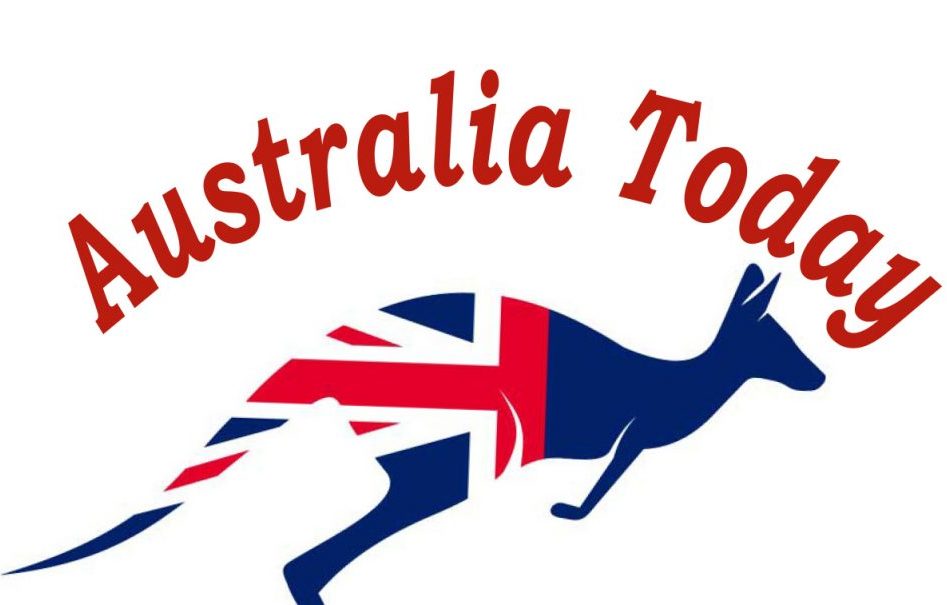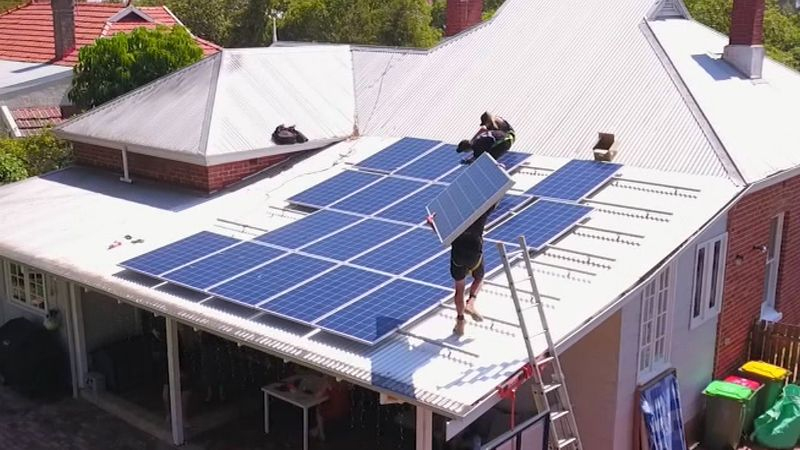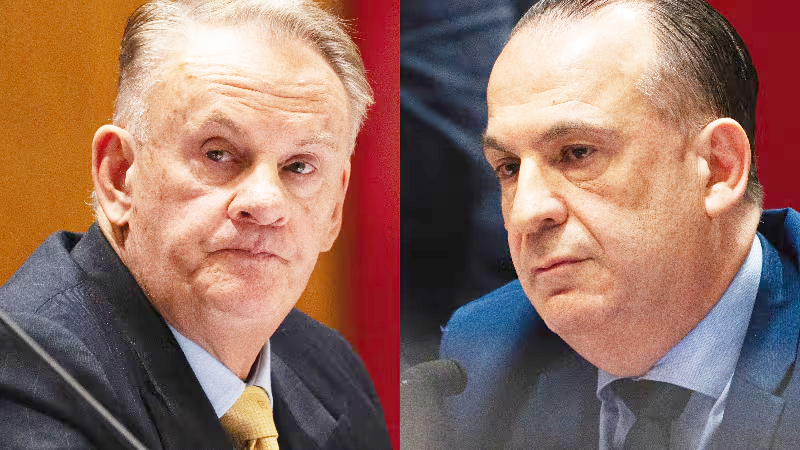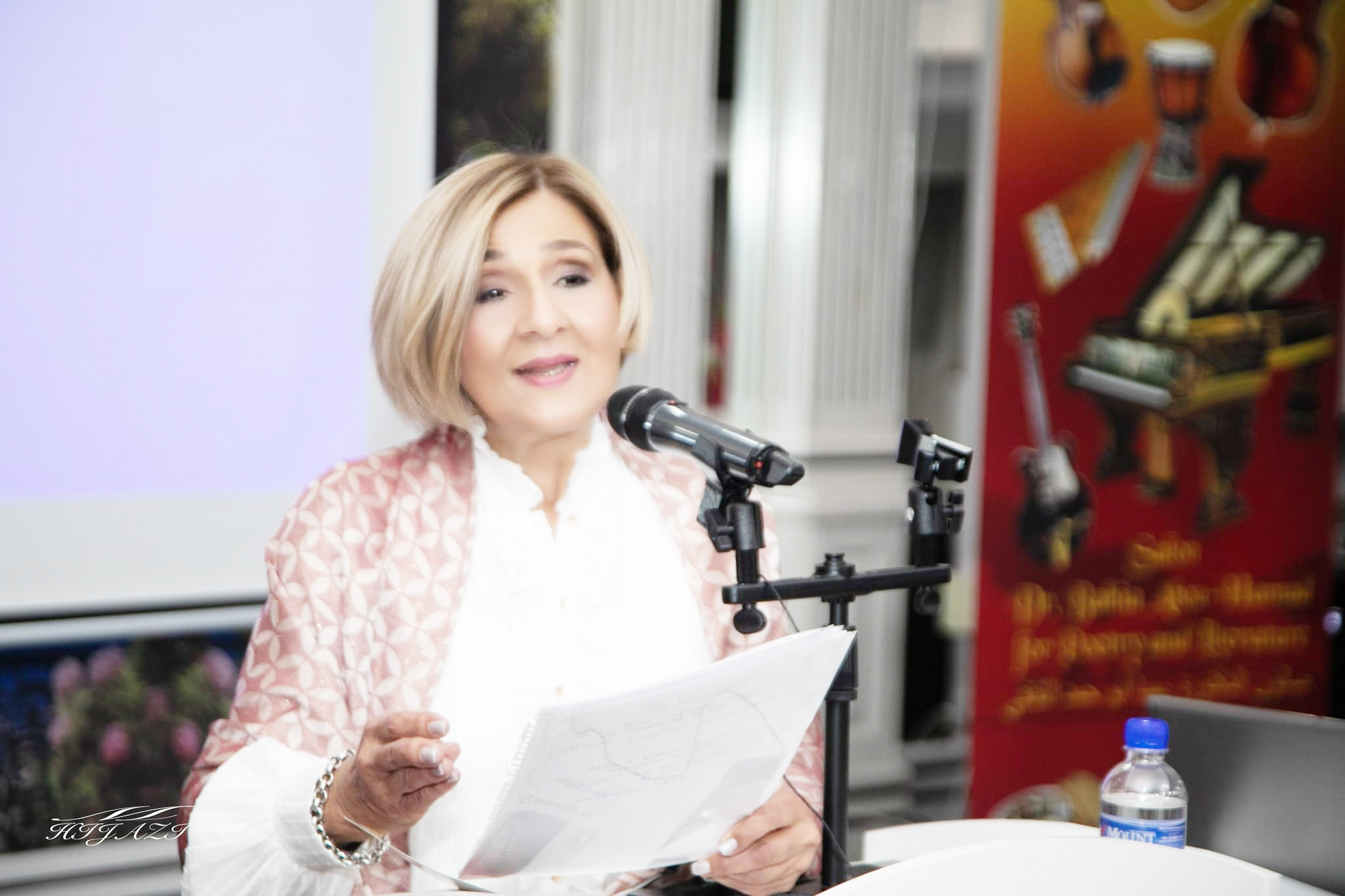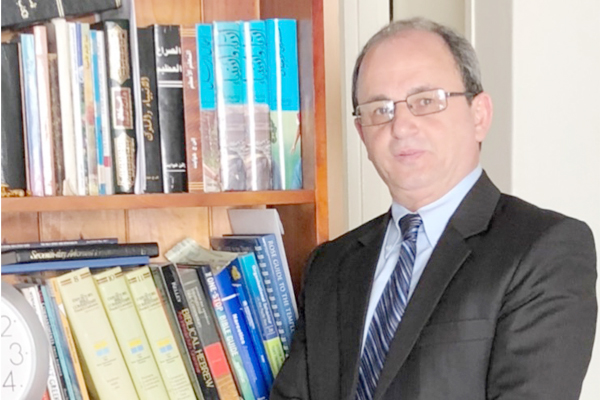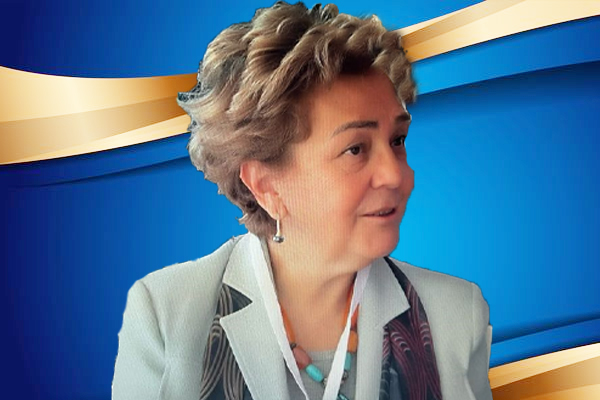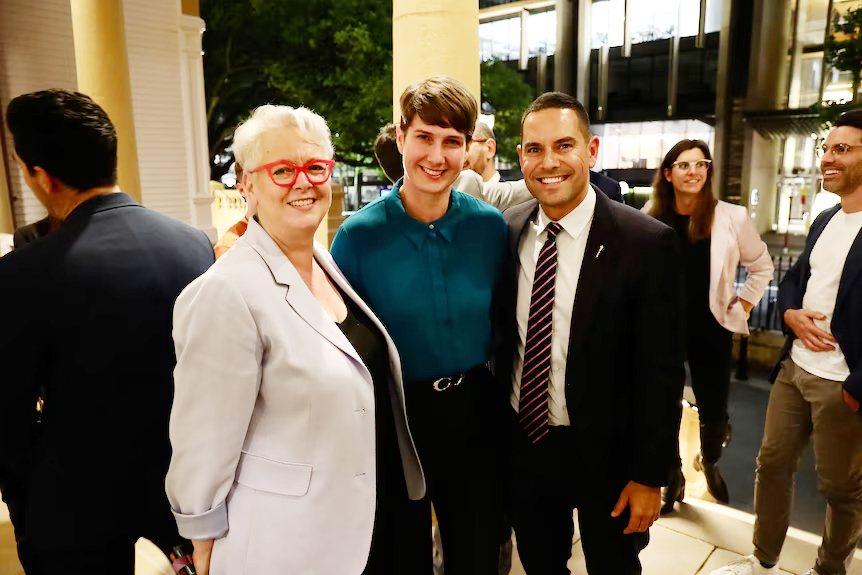
The New South Wales Parliament has passed a landmark equality bill, allowing transgender individuals to change their birth certificates without undergoing surgery. Introduced by independent MP Alex Greenwich, the bill passed the Upper House with 15 votes to 12.
A Major Step Forward
Penny Sharpe, the government’s leader in the Upper House, hailed the bill as a significant step forward in improving the rights of LGBTIQA+ people in Australia. She described the legislation as the “next stop in the journey” to bettering the lives of LGBTQ individuals.
While the Coalition opposed the bill, Liberal MP Jackie Munro voiced her support for its aims, emphasizing that transgender individuals face stigma, which leads to poor mental health and higher suicide rates. She advocated for the acceptance of gender fluidity without the need for formal medical classifications.
Concerns Over Women’s Spaces
Some Liberal MPs expressed strong opposition to the bill. Susan Carter argued that allowing people to easily change their birth certificates could undermine the integrity of women-only spaces such as schools, shelters, and sports teams.
However, Jackie Munro downplayed these concerns, stating that systemic exploitation of such legal provisions by transgender individuals is rare and unlikely in Australia.
Protecting Trans Rights
Penny Sharpe assured Parliament that the bill does not affect women’s rights, adding that gender-segregated schools and sports teams would remain protected under existing laws. She dismissed concerns about trans women entering women’s restrooms with ill intentions, pointing out that privacy and safety are already ensured by current regulations.
Changes to Surrogacy Laws
The bill also introduces changes to parentage laws, making parentage orders available to children born through commercial surrogacy if it is deemed in the child’s best interest. The opposition raised concerns that this could promote commercial surrogacy and lead to human trafficking.
Sharpe acknowledged the serious issues surrounding modern slavery but clarified that the bill aims to protect children born through commercial surrogacy who are already living in New South Wales by providing a narrow legal pathway for their parents to be recognized.
